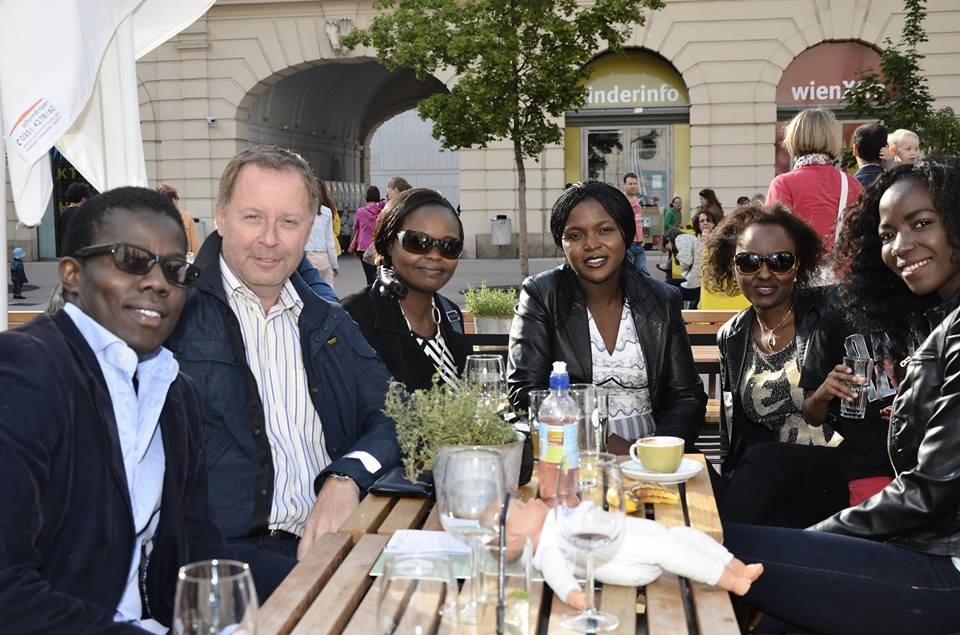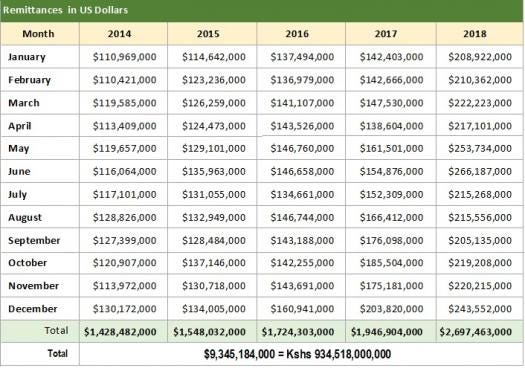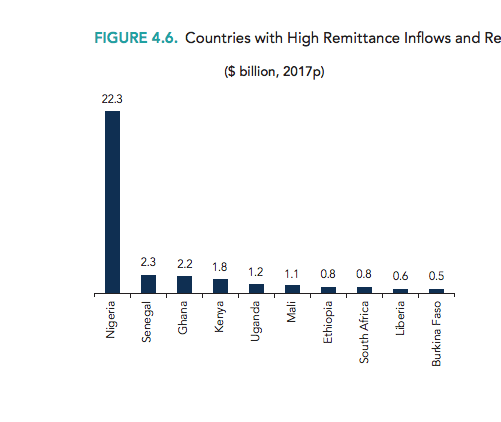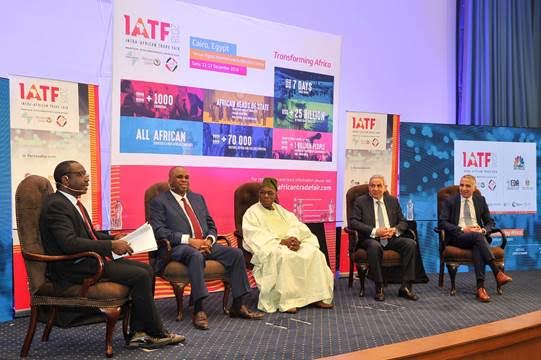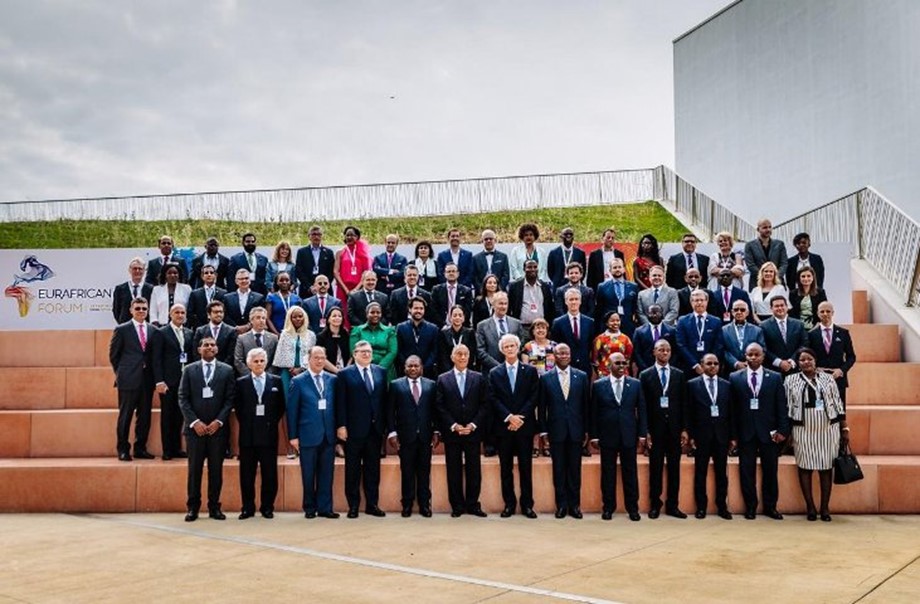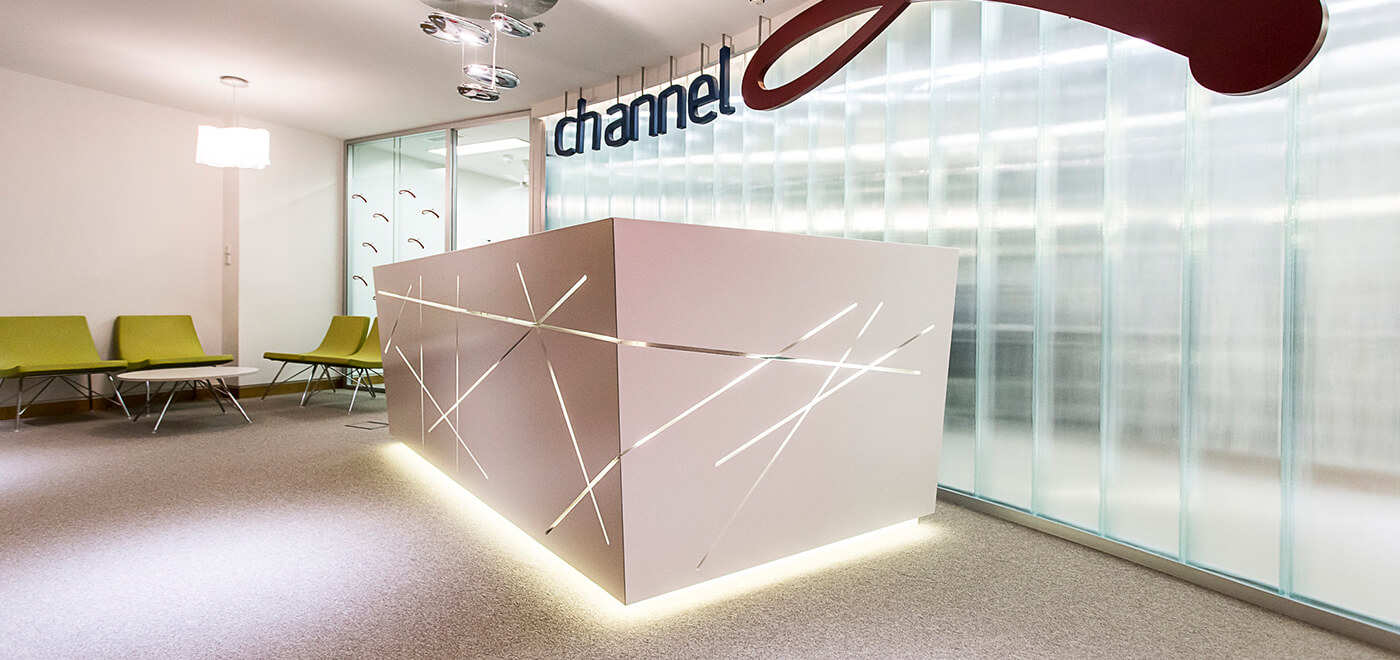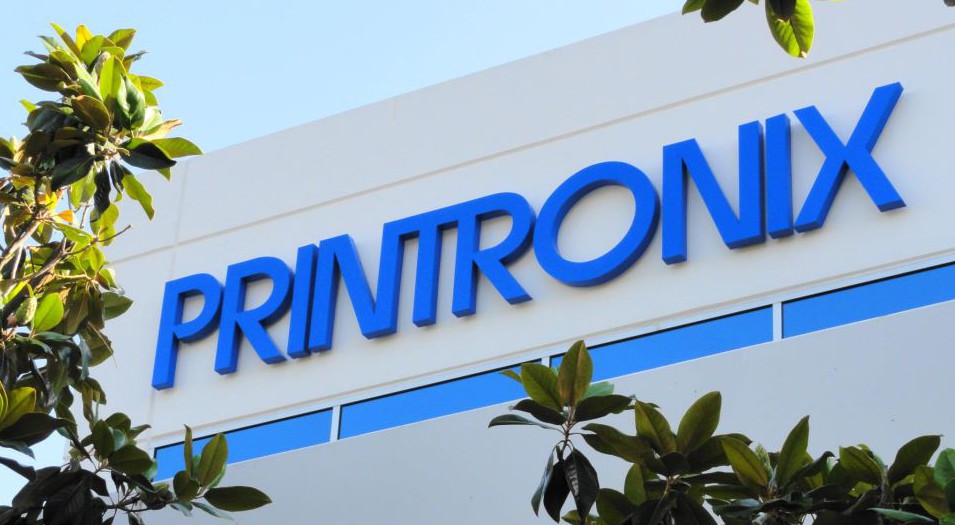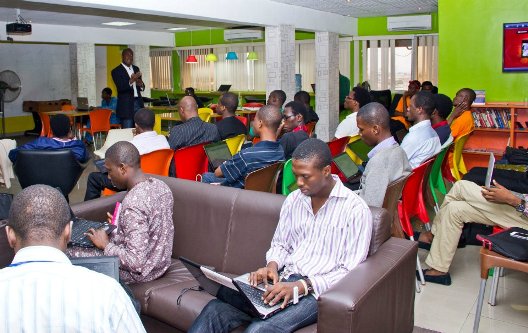Using Movable Assets To Secure Loans In Nigeria. What Startups Need To Know
Startups in Nigeria who do not have landed property but movable assets as securities for loans now have an alternative. Following the passage of Secured Transactions in Movable Assets Act into law, owners of small businesses can now borrow from banks and other financial institutions, even though they do not have any lands or buildings. All they need to do is to first register the movable assets such as cars, or any property of worth (which property is not land or building or fixed property) with the National Collateral Registry.

This Is How It Works Under The Secured Transactions in Movable Assets Act
- This law allows small, medium business owners or startups to create security interests in respect of both their present and future movable assets.
- Movable collateral under the Collateral Registry Regulation includes equipment, inventory, accounts receivable, household items, bank accounts, farm products, motor vehicles, boats, planes, consumer goods, trees that have been severed and oil, gas or minerals that have been extracted, etc.
- You can register your interest over such assets as you do when you want to perfect titles to land at the Land Registry.
- In this case, all that is required is that you take steps to perfect the interests in that asset.
- The law has created a National Collateral Registry where you can now perfect the assets.
- An asset is deemed perfected when a financial statement in respect of such a security interest has been registered with the National Collateral Registry.
- The registered financial statement is valid until the expiration of the terms specified in the financial statement.
- The creditor who registers the Financial Statement is issued with a confirmation statement by the registrar.
- Where two security interests have been perfected in respect of the same asset, the first to be registered would rank first.
- Using the confirmation statement and other documents, you may then apply for loans at a bank in Nigeria under the National Collateral Registry Scheme or the Secured Transactions in Movable Assets Act

Why This Is So Different From Normal Collateral Requirements From Banks
Previously, before the passage of the Secured Transactions in Movable Assets Act, small and medium scale businesses in Nigeria were often required to present their landed property or buildings (which they hardly had) in order to procure a loan.
Now, persons who have movable assets in Nigeria such as equipment, inventory, accounts receivable, household items, bank accounts, farm products, motor vehicles, boats, planes, consumer goods, trees that have been severed and oil, gas or minerals that have been extracted can now borrow loans from banks without landed property being demanded as collateral. All they need to do is to register the asset with the National Collateral Registry in order to create security interests over the assets.
Registration will remain in the Collateral Registry until the expiration of the term indicated in the financing statement, or until the registration is canceled (discharged). The period of registration does not, however, need to be the same as the duration of the loan, as there may be an expectation between the debtor and secured creditor that the loan will be renewed. Six months after the expiration of a registration, it shall cease to be publicly searchable and will be moved to an archive, from which it can be retrieved only by the Collateral Registry staff.
Where the debtor fails to pay back the loan, the secured creditor has a right to enforce its security interest in the collateral.
See Also: From September 30, More Loans Would Be Available For Nigerian Businesses
Key Things To Have In Mind About The Secured Movable Assets In Question
- With this law, individuals in Nigeria may apply for a loan as a group. They may use their assets that they own individually or jointly as collateral for the loan.
- Using immovable property, such as land or building carries certain unwanted risks for the debtor. It is therefore reasonable that a debtor will be more comfortable with losing equipment or other movable property than with losing a house in case of a default.
- Currently, it costs N1000 for the registrations of initial financing statements, and N500 for renewal or amendment. However, these fees may change from time to time, so it is recommended that you check the Collateral Registry website for the up-to-date information.
- Under the Collateral Registry Regulation, the secured creditor may enforce its security interest by taking possession of the collateral or rendering the collateral inoperative. Subsequently, it may dispose of the collateral through a sale. The Collateral Registry Regulation permits the secured creditor to proceed extra-judicially without having to obtain a court order before repossessing the collateral. The secured creditor may also choose to apply to the court to authorize enforcement.
- Where the proceeds of the sale of the secured assets are insufficient to satisfy the loan, the debtor will be liable for the shortfall. The secured creditor has a right to obtain the balance from the debtor directly or may proceed against other assets of the debtor. The secured creditor may initiate legal action against the debtor for the balance and get a judgment for the amount owed. It may also choose not to take legal action against the debtor and just write off the loss on the loan.
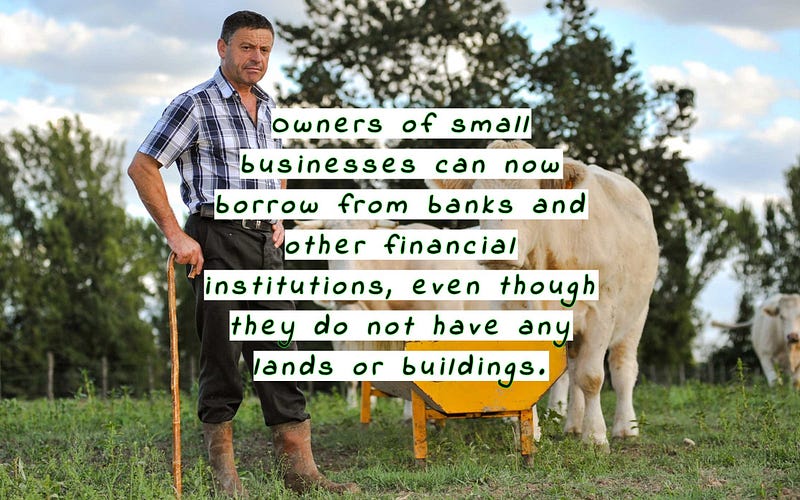
Are Secured Transactions In Movable Assets Already Taking Place?
To a large extent. The Central Bank of Nigeria (CBN) recently disclosed that the National Collateral Registry has assisted over 154,000 Micro, Small and Medium Enterprises (MSMEs) to access N1.2 trillion loans from 628 financial institutions.
The report showed that the number of MSMEs in Nigeria that have used their movable assets to obtain loans from financial institutions through the NCR rose to 154,827 as at December 19, 2018, from 100,049 in the first year, 2017, indicating the increase of 54 percent. The report also showed that 22,251 of the MSMEs were female entrepreneurs. Further breakdown showed that 146,777 of the borrowers were individuals, 3,416 were micro businesses, 2,169 were medium businesses, 1,777 were small businesses and 687 were large businesses.
The number of participating Deposit Money Banks (DMBs) rose to 21 from three in 2017, microfinance banks rose to 551 from 96, Development finance institution rose to four (4) from one(1), merchant banks rose four from one, finance companies rose to 13 from 2 while non interest bank rose to one from zero in 2017.
Click the NCRN User Manual to download a PDF Format of the User Training Manual.
Charles Rapulu Udoh

Charles Rapulu Udoh is a Lagos-based Lawyer with special focus on Business Law, Intellectual Property Rights, Entertainment and Technology Law. He is also an award-winning writer. Working for notable organizations so far has exposed him to some of industry best practices in business, finance strategies, law, dispute resolution, and data analytics both in Nigeria and across the world.


